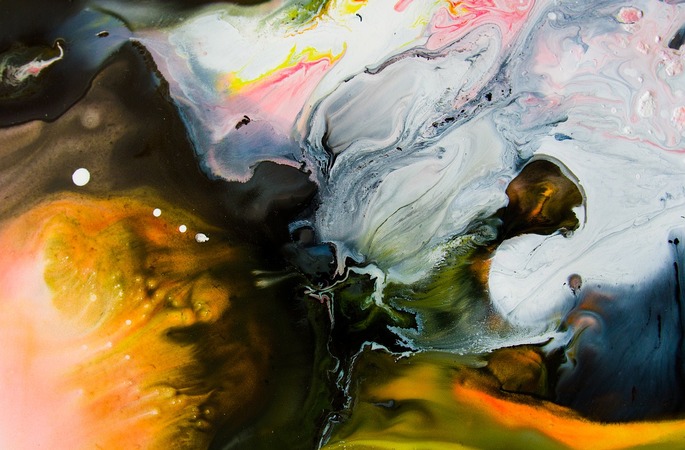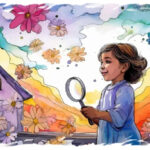Waters when they evaporate, meet…
at a global conference, to speak of fish dropouts,
obscura of clouds, near-deaths, hydrological dynamics,
monocultures, and metals:
nickel, lead, chromium, at their beds.
The bend is notional: water for coffee, cane,
banana, paddy,
mills, distilleries,
fertilizer plants.
The Aral sea was water for cotton
in Uzbekistan:
one shirt drinking 2000 liters,
now more saline than the Dead Sea –
palm-sized, a fossil-tiger’s footprint,
plains of salt, toxic dust storms,
fishing towns, now ship-graveyards.
people, sick; dumps of pathogenic weapons
making the summers hotter, winters colder,
the Aral Sea is the Aralkum desert.
And if seas made maps,
rivers, homes
men, borders.
The Cauvery too is uprising
one of the longest-running rivers
over her water share to ripple greens
for Karnataka and Tamilnadu,
when her sand beds expand for mining
flowing from Brahmagiri
on her way to the Bay of Bengal,
she worries if those warring over her understand
that a river is a person,
like Whanganui of New Zealand
– ancestor of 140 years
that got legal status
through the longest-running litigation
by the Māori people
because mountains too
are equal to men.




[…] http://femasiamagazine.com/confluence/ […]